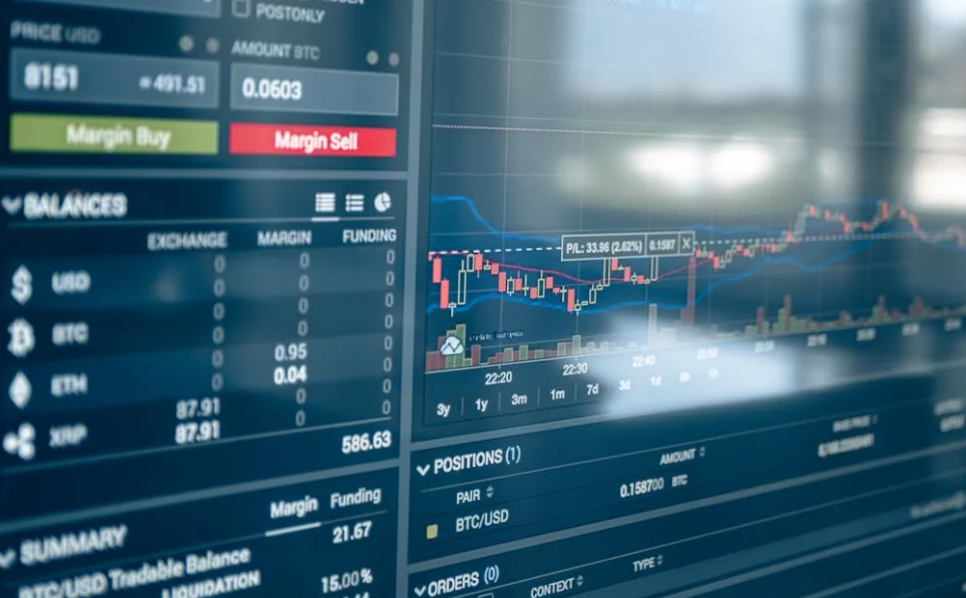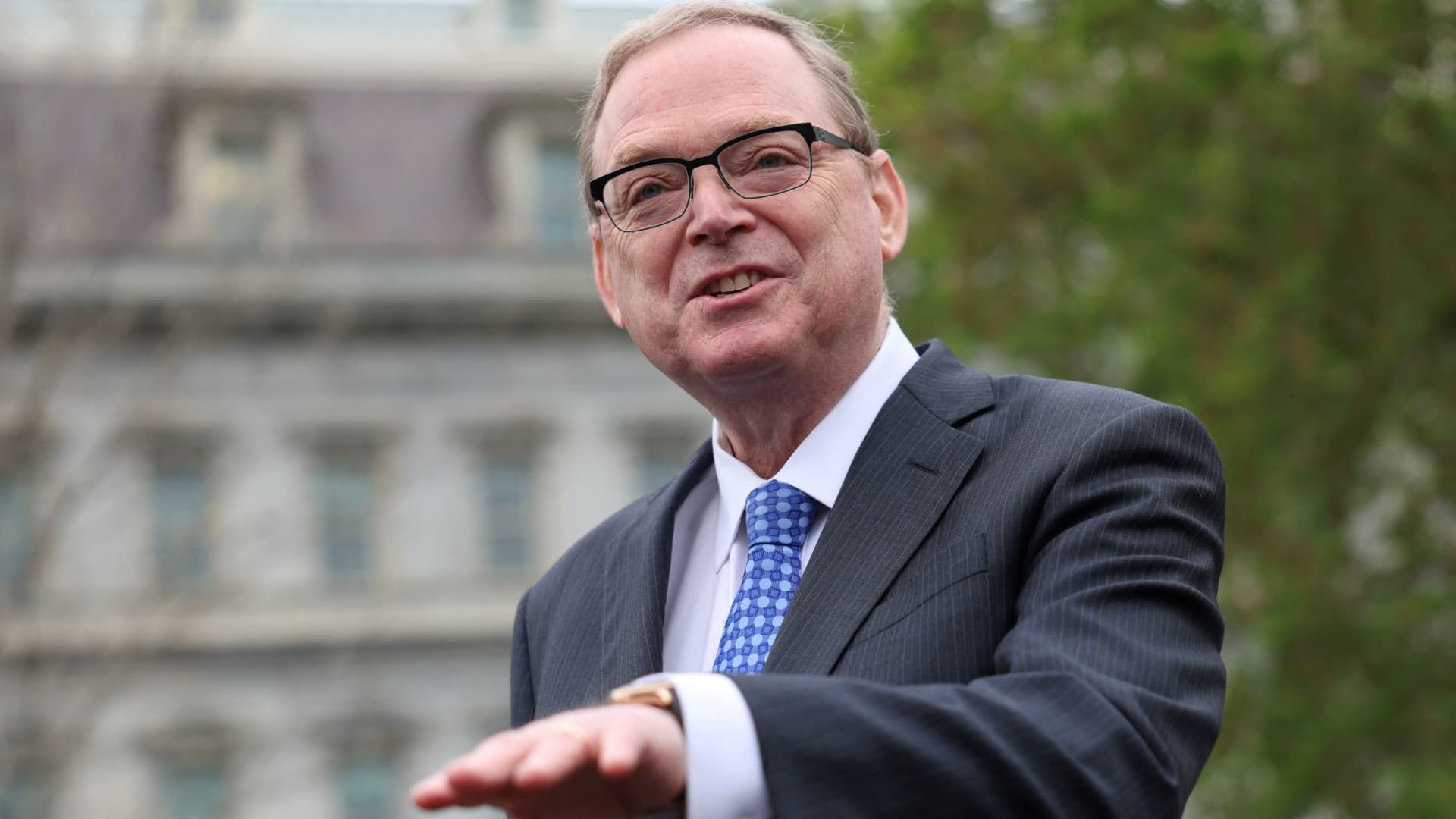Blockchain and cryptocurrencies are among the most disruptive technologies of the 21st century. Since Bitcoin’s inception in 2009, these innovations have expanded far beyond their initial use case, spawning an entire ecosystem that underpins decentralized finance (DeFi), sustainable applications, and more. However, their transformative potential is tempered by challenges such as environmental concerns and global regulatory hurdles. This article delves into these topics and examines the future of blockchain technology and cryptocurrencies.
What is Blockchain Technology?
Blockchain is a decentralized digital ledger that records transactions across multiple computers securely and transparently. Its key features include immutability, decentralization, and transparency, making it ideal for applications requiring secure and trustworthy data. The technology powers cryptocurrencies like Bitcoin and Ethereum but has also found use in various industries beyond finance.
Cryptocurrencies, the digital assets based on blockchain, serve as mediums of exchange, stores of value, and investment opportunities. Their decentralized nature eliminates intermediaries like banks, reducing transaction costs and enabling peer-to-peer interactions.
The Evolution of Decentralized Finance (DeFi)
Decentralized Finance, or DeFi, represents a paradigm shift in how financial services operate. Built on blockchain technology, DeFi eliminates intermediaries, allowing users to access financial services like lending, borrowing, and trading directly.
Through platforms like Ethereum and Binance Smart Chain, smart contracts automate these services, ensuring transparency and efficiency. The appeal of DeFi lies in its inclusivity—anyone with an internet connection can access these services without the barriers posed by traditional banking systems.
However, the DeFi ecosystem is not without challenges. Security vulnerabilities in smart contracts have led to significant financial losses, while scalability remains a concern for mainstream adoption. Despite these hurdles, DeFi continues to grow, reshaping global finance and increasing access to financial tools for underserved populations.
Environmental Concerns Over Crypto Mining
The environmental impact of cryptocurrency mining is a pressing issue. Mining cryptocurrencies, particularly those using Proof-of-Work (PoW) algorithms like Bitcoin, requires vast amounts of computational power and electricity. For instance, Bitcoin mining consumes as much energy annually as some small nations, leading to significant carbon emissions.
This energy-intensive process has drawn criticism, prompting calls for greener alternatives. Ethereum’s transition from PoW to Proof-of-Stake (PoS) in 2022 significantly reduced its energy consumption by over 99%. Other blockchain networks, such as Solana and Algorand, are exploring energy-efficient solutions to minimize environmental impact.
Balancing the benefits of blockchain innovation with environmental sustainability remains a critical challenge for the industry. Efforts to power mining operations with renewable energy and improve energy efficiency are crucial for achieving this balance.
Use Cases for Blockchain Beyond Cryptocurrency
Blockchain’s potential extends far beyond cryptocurrencies. The technology’s unique features make it applicable across various industries, driving efficiency, transparency, and security:
- Supply Chain Management: Blockchain enhances transparency and traceability, enabling companies to track products from production to delivery.
- Healthcare: Secure, decentralized records improve patient data management and privacy while reducing administrative inefficiencies.
- Voting Systems: Blockchain provides tamper-proof voting solutions, enhancing transparency and reducing election fraud.
- Intellectual Property Protection: Artists and creators can register works on blockchain, ensuring rights protection and fair compensation.
- Real Estate Transactions: Digitized contracts streamline property transfers, reducing costs and paperwork.
These applications showcase the versatility of blockchain, providing solutions to long-standing inefficiencies across diverse sectors.
Regulation Challenges in Global Crypto Markets
The regulatory landscape for cryptocurrencies is highly fragmented, reflecting diverse approaches by governments worldwide. Countries like El Salvador have embraced cryptocurrencies as legal tender, while others, including China, have imposed outright bans.
Key regulatory challenges include:
- Consumer Protection: The crypto market’s volatility makes investors vulnerable to scams and financial losses.
- Taxation: Governments struggle to establish clear guidelines for reporting and taxing crypto transactions.
- Cross-Border Transactions: A lack of uniform regulation complicates international cryptocurrency transfers and compliance.
Global collaboration is essential to create a balanced regulatory framework that fosters innovation while protecting consumers. This requires a nuanced approach that addresses risks without stifling technological advancement.
The Future of Blockchain and Cryptocurrencies
Blockchain and cryptocurrencies are poised for significant growth, driven by advancements in scalability, security, and usability. Innovations such as Layer 2 solutions, zero-knowledge proofs, and quantum-resistant algorithms promise to enhance blockchain’s capabilities.
Meanwhile, cryptocurrencies are gaining legitimacy as institutional adoption increases, with major companies like Tesla and PayPal integrating crypto into their operations. Central Bank Digital Currencies (CBDCs), government-backed digital currencies, further highlight the growing importance of blockchain technology.
However, the industry must address challenges related to sustainability, regulation, and security to realize its full potential. With continued innovation and collaboration, blockchain and cryptocurrencies can drive a more inclusive, transparent, and sustainable digital economy.
Conclusion
Blockchain and cryptocurrencies have ushered in a new era of innovation, transforming finance, technology, and beyond. From the rise of DeFi to addressing environmental concerns and exploring non-crypto use cases, their impact is far-reaching. Yet, global regulation and sustainability remain pivotal to the industry’s growth.
As the technology evolves, embracing its opportunities while addressing its challenges will be essential. By fostering collaboration and innovation, blockchain and cryptocurrencies can shape a future defined by transparency, inclusivity, and sustainability.

 Accounting1 week ago
Accounting1 week ago
 Economics1 week ago
Economics1 week ago
 Personal Finance1 week ago
Personal Finance1 week ago
 Accounting1 week ago
Accounting1 week ago
 Finance1 week ago
Finance1 week ago
 Economics1 week ago
Economics1 week ago
 Economics1 week ago
Economics1 week ago
 Economics1 week ago
Economics1 week ago





















